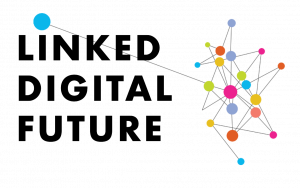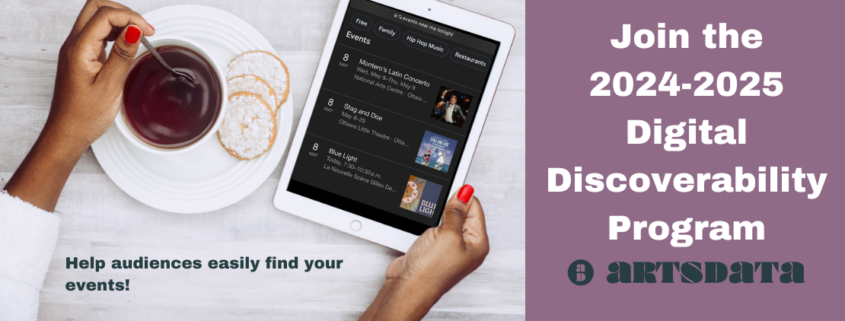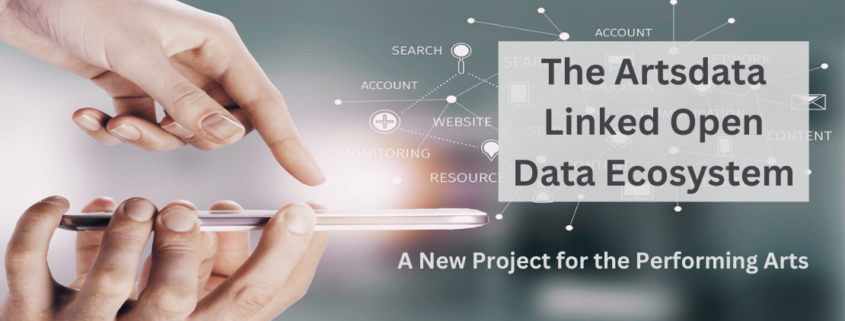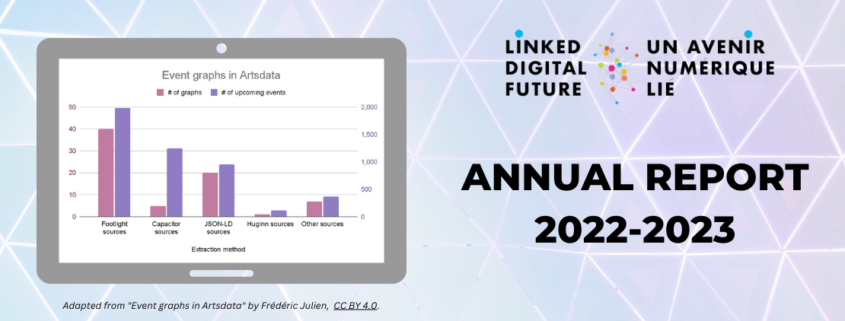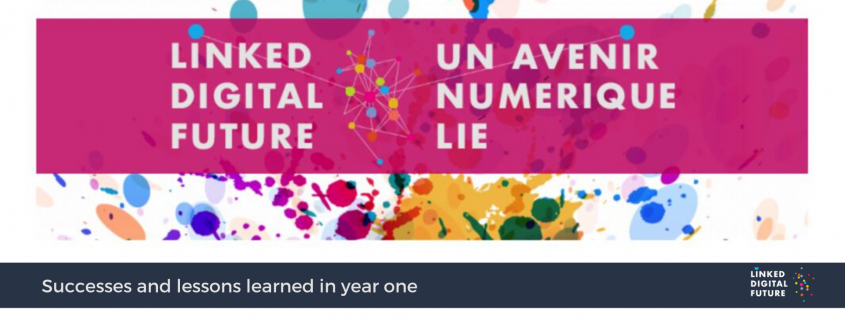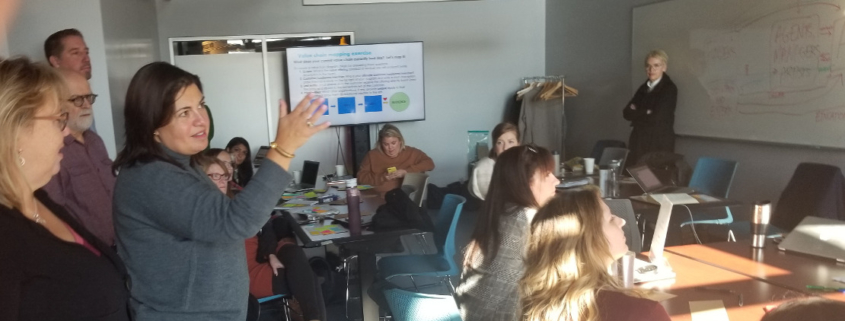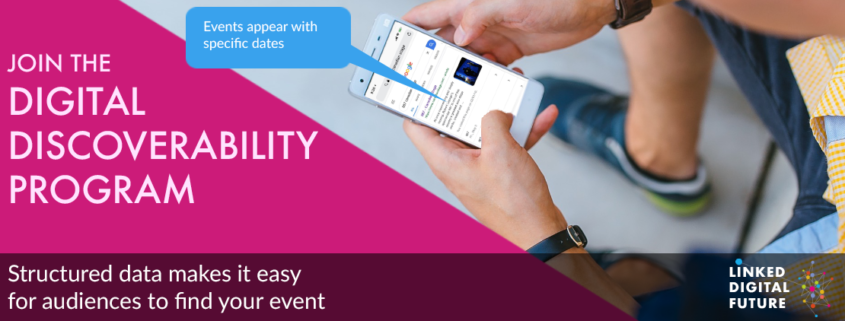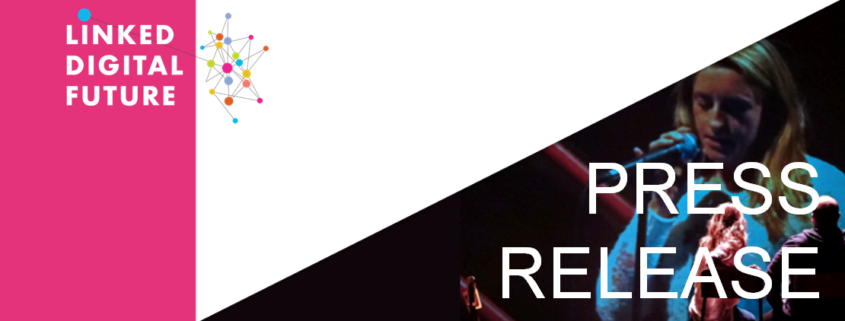Calling all arts organizations! Applications are now open for the 4th annual Digital Discoverability Program.
Between summer 2024 and winter 2025, you will have the opportunity to work one-on-one with the Artsdata team. Together, we will find solutions to boost the discoverability of your organization, by focusing on your:
- Event pages (i.e. pages describing upcoming live performances);
- Artist bios (i.e. pages describing the performers you present or represent); and/or
- Wikidata items (i.e. entries describing your organization, your venues(s), your festival(s), and/or your artists).
As a result, local arts goers and tourists alike will have a much easier time finding your contents via search engines (ex: Google, Bing), recommendation systems (ex: Siri, Alexa) and cultural calendars using the Artsdata knowledge graph!
Requirements
In order to participate in the 2024-2025 Digital Discoverability program, you must:
- Be an arts organization; either a presenter, artistic company, agency/management company, or arts service organization.
- Manage a website where you publish event pages and/or artist bios.
- **Preferably**, have access to a web developer.
- Have a basic level of digital maturity.
- Assign a dedicated staff member to become your “Discoverability Lead”. This person will act as the primary cohort participant and contact person for the entire duration of the program
Costs
The value of this kind of work from a consultancy or other for-profit company is estimated at $2,500. However, the Digital Discoverability program is free for CAPACOA members.
Non-members whose applications are successful will have two different options:
- Submit a $250 registration fee to participate in the program only
OR
- Join CAPACOA for a $250 introductory rate and take advantage of our other complementary services and member-only benefits (learn more).
How this will work
If your application is successful, you will have an initial meeting with a digital discoverability agent: either Émilie Frenette (if your organization is based in Quebec) or Dessa Hayes (if your organization is based in another province or territory). If you have upcoming events on your website, you may be asked to complete a self-diagnostic test before the meeting.
After discussing the current level of discoverability of your events and/or artists (with a focus on structured data), you will receive a preliminary diagnostic document that you can deliver to your web developer. You will also have the opportunity to schedule additional meetings to discuss other aspects of discoverability (including the SEO of your webpages and/or your Wikidata presence), and to follow up on any changes made to your webpages.
Selection criteria
Please note that current CAPACOA members will be given priority during the selection process.
Cohort participants will be onboarded one at a time and selected primarily on a first come, first served basis. If selected, participants may begin their initial training session before the application deadline.
Unselected applicants will have the opportunity to apply for a future cohort.
Learn more and apply
Interested in finding out more about the Digital Discoverability Program? Visit the program page or download the Call for Participation document.
Ready to apply? Fill out this Google form.
Application Deadline: Wednesday July 31, 2024
About the Linked Digital Future Initiative and the Artsdata Project
From 2018 to 2023, the Linked Digital Future Initiative deployed a range of research, prototyping and digital literacy activities to foster discoverability, digital collaboration and digital transformation in the performing arts. Since 2023, the LDFI has gradually given way to the Artsdata Linked Open Data Ecosystem project. As the name suggests, the Artsdata project pursues the same vision of an ecosystem where multiple collaborators enable the free circulation of performing arts data.
This project is funded by the Government of Canada and by the Canada Council for the Arts.

